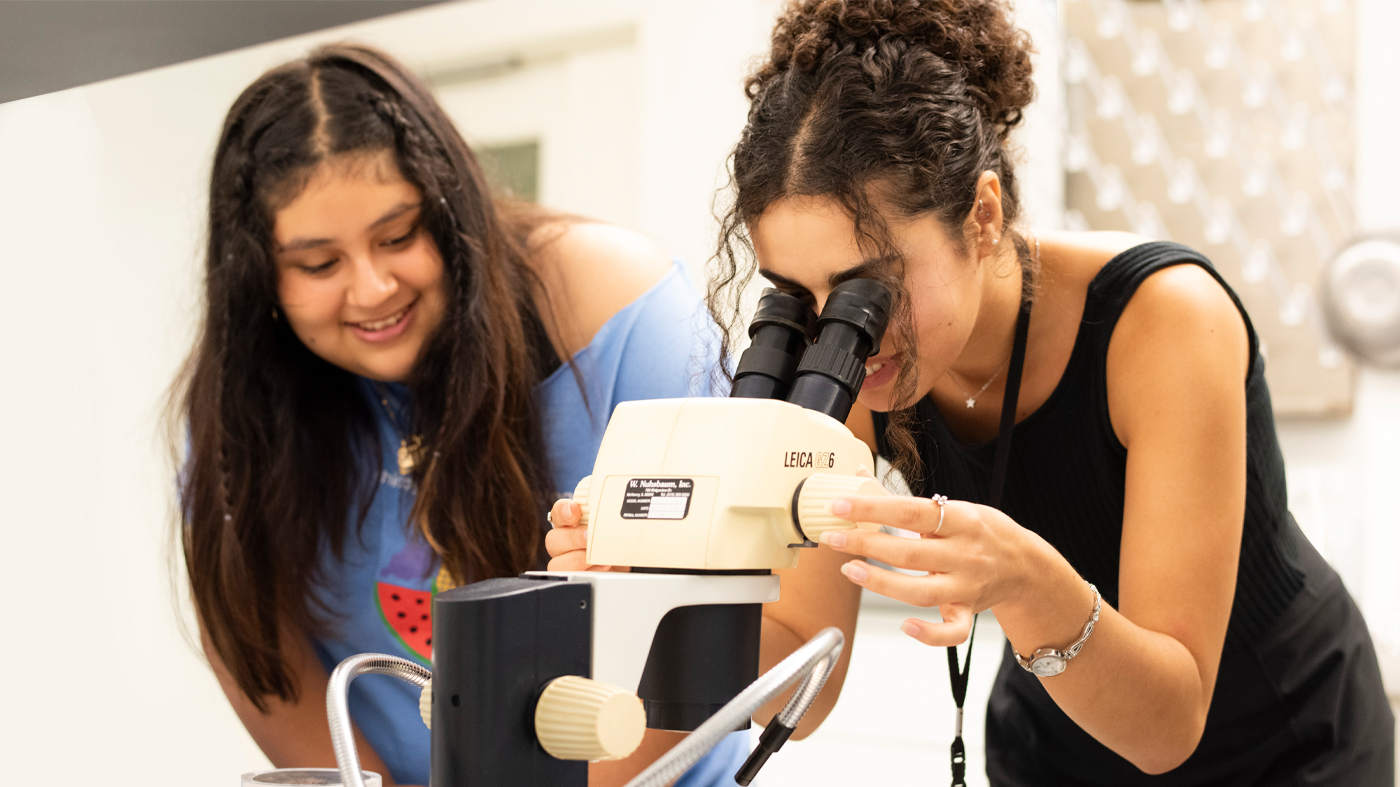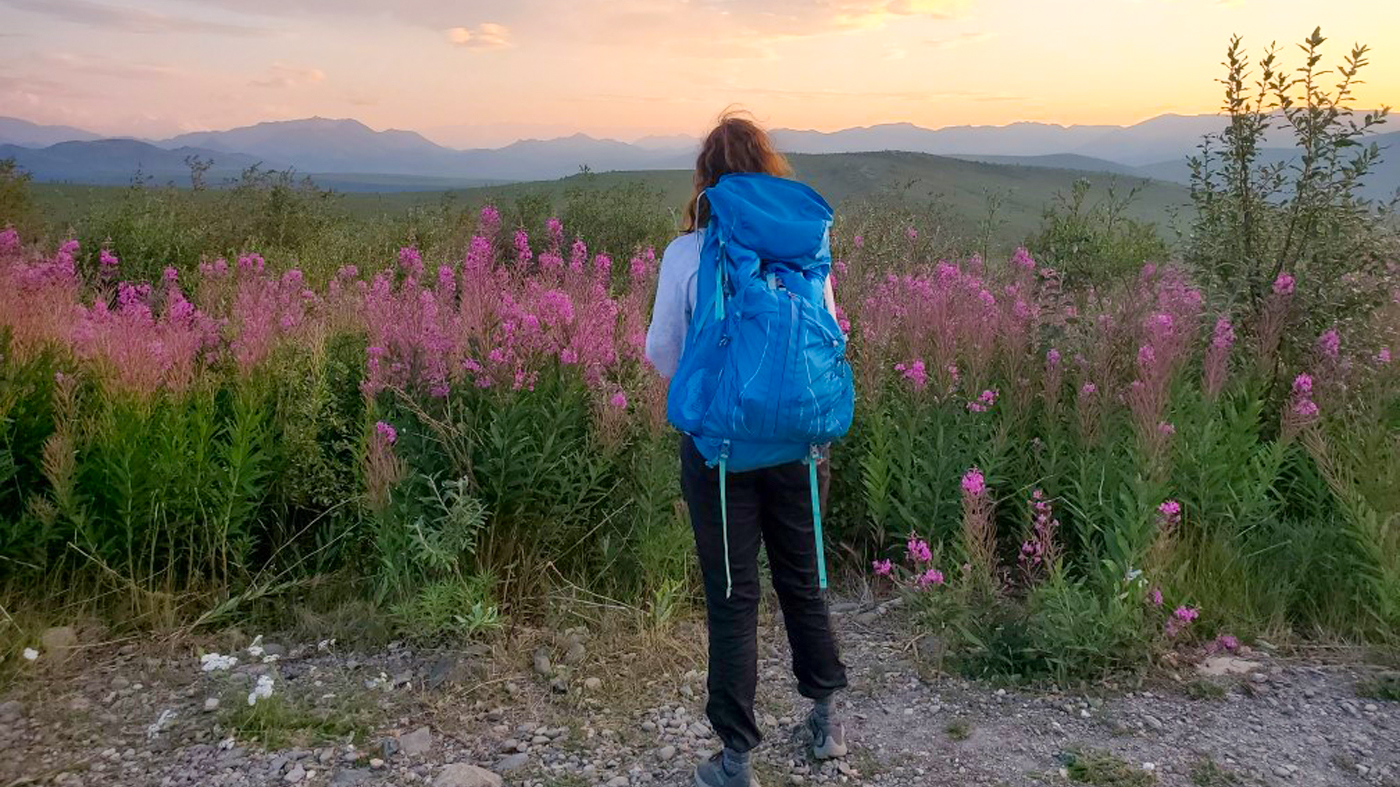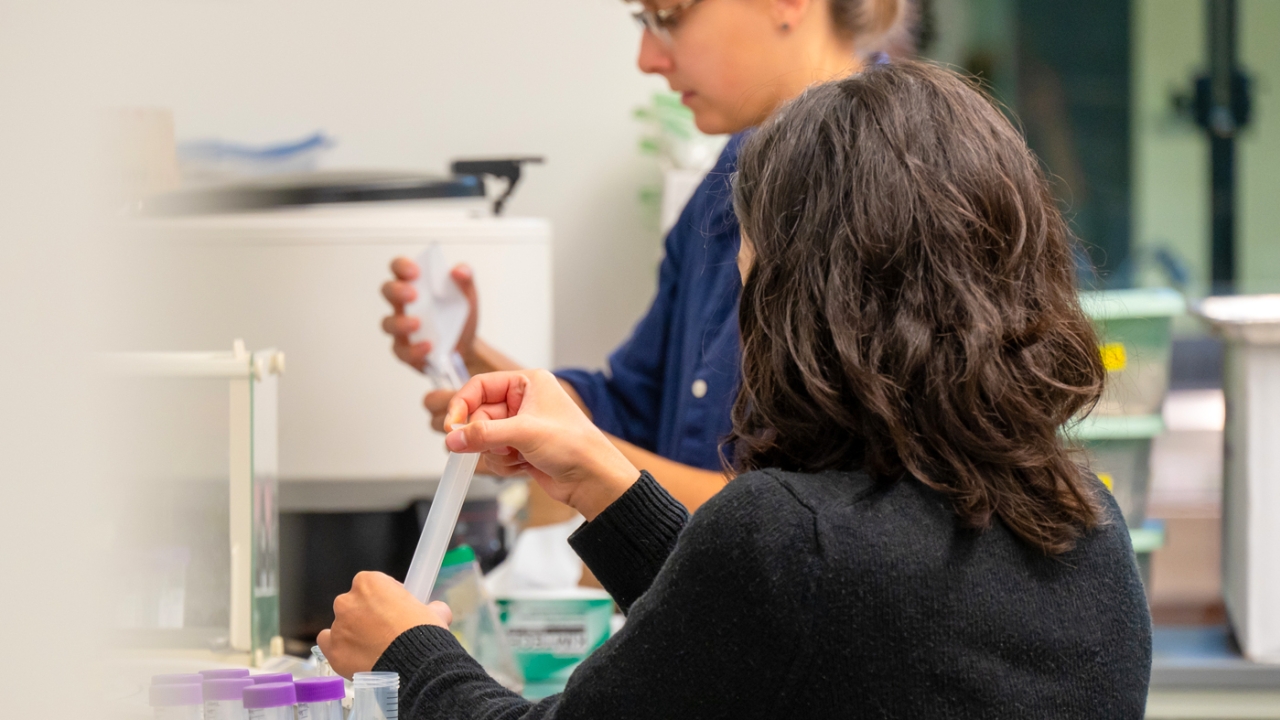

Training the Next Generation
of Conservation Leaders
Plant Conservation
Science and Action
Training the Next Generation of Conservation Leaders
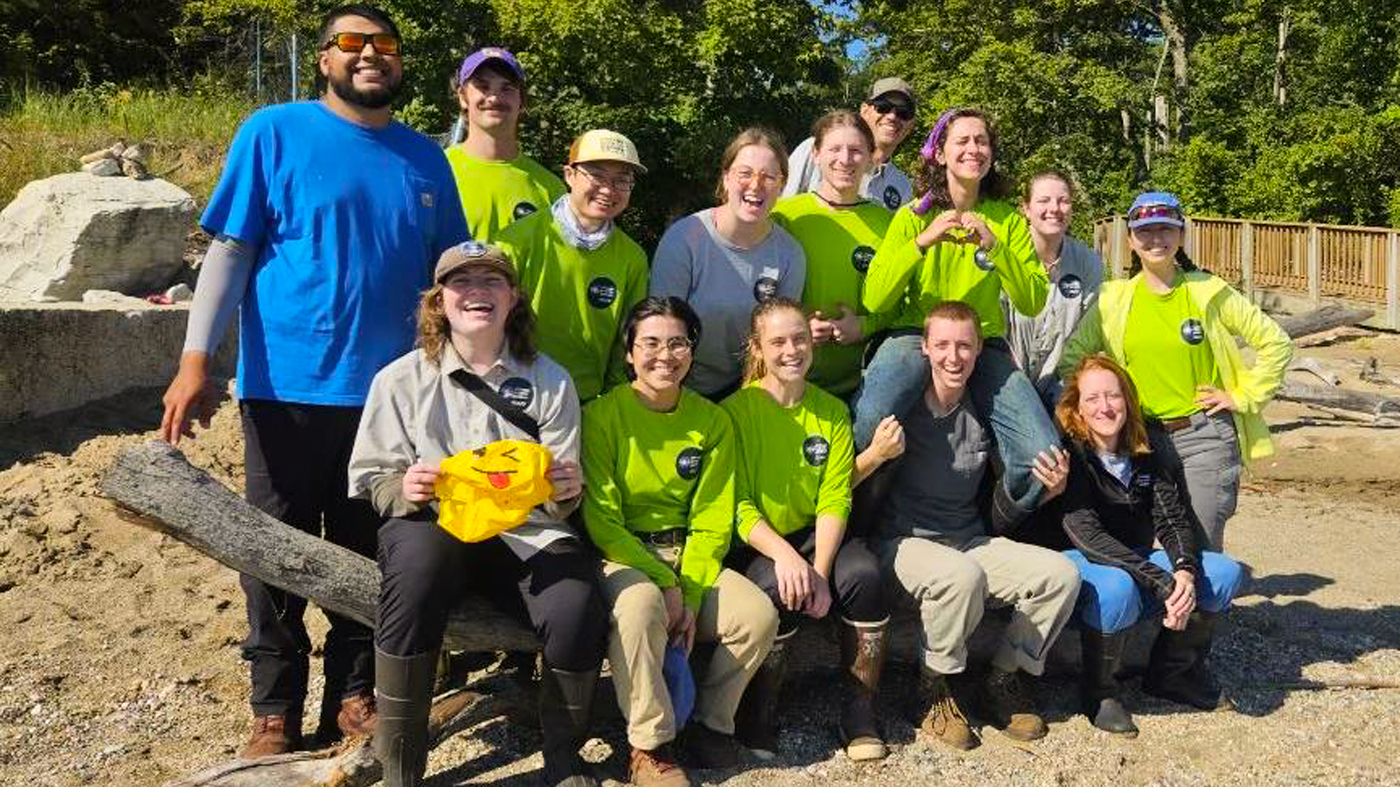
Stewardship and Ecology of Natural Areas (SENA) Program
The Stewardship and Ecology of Natural Areas (SENA) Program combines the Garden’s science and natural areas stewardship expertise in an accessible, paid training program focused on advancing careers.
SENA ecological restoration technicians work under the guidance of ecologists in the Garden’s woods, prairie, lakes, and shorelines—removing invasive species, establishing native plants, and conducting prescribed burns. Through hands-on work and unique training experiences, technicians gain the skills, certifications, and confidence needed to build a career in habitat restoration..
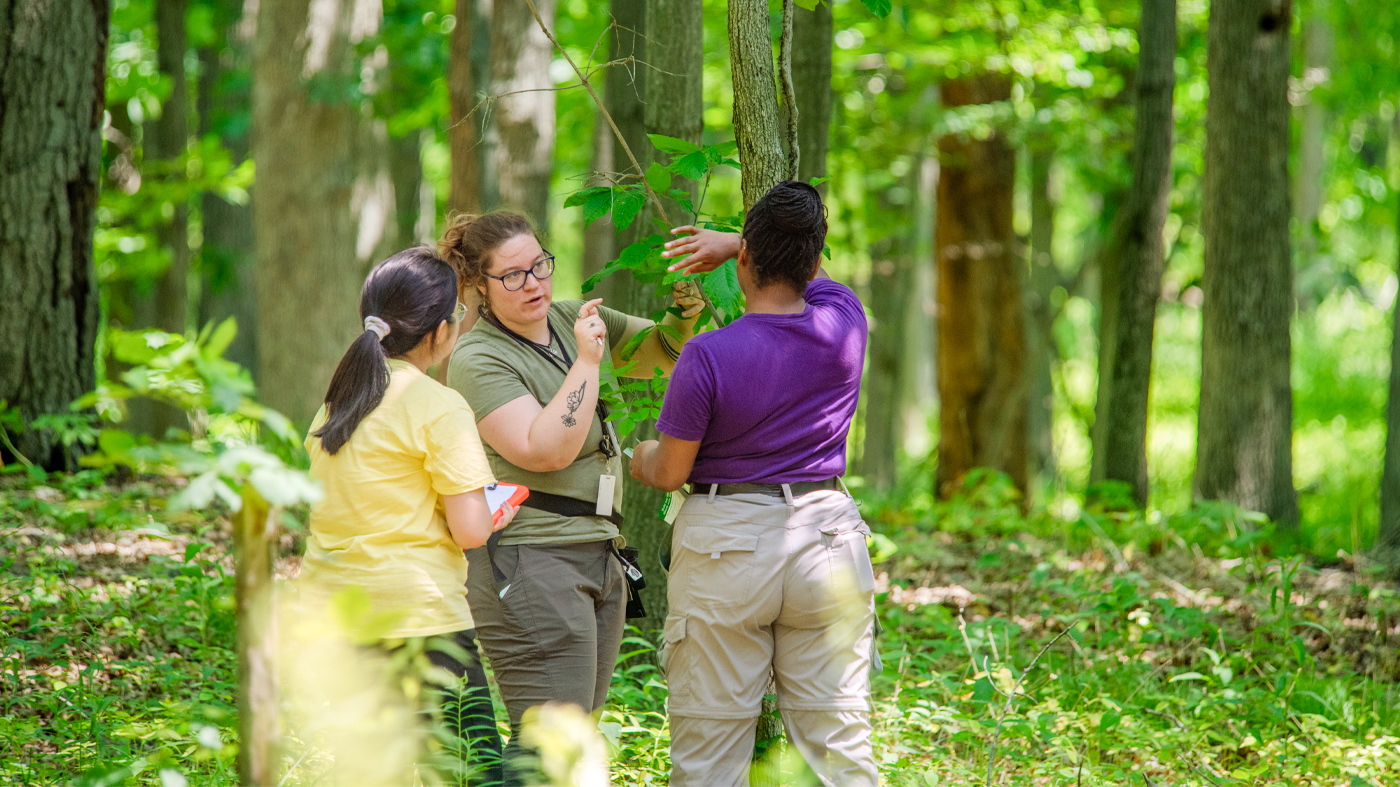
Graduate Program in Plant Biology and Conservation
RA collaboration between the Garden and Northwestern University, the M.S. and Ph.D. degree program in plant biology and conservation provides students with advanced training in applied plant conservation theory and methods, as well as plant ecology, evolution, and biology.
Established in 2005, the graduate program has prepared more than 150 students for a wide range of careers through challenging courses and mentorship from researchers and faculty at both institutions. The Garden's Daniel F. and Ada L. Rice Plant Conservation Science Center is home to the graduate program, providing a world-class facility for students to learn and conduct research.
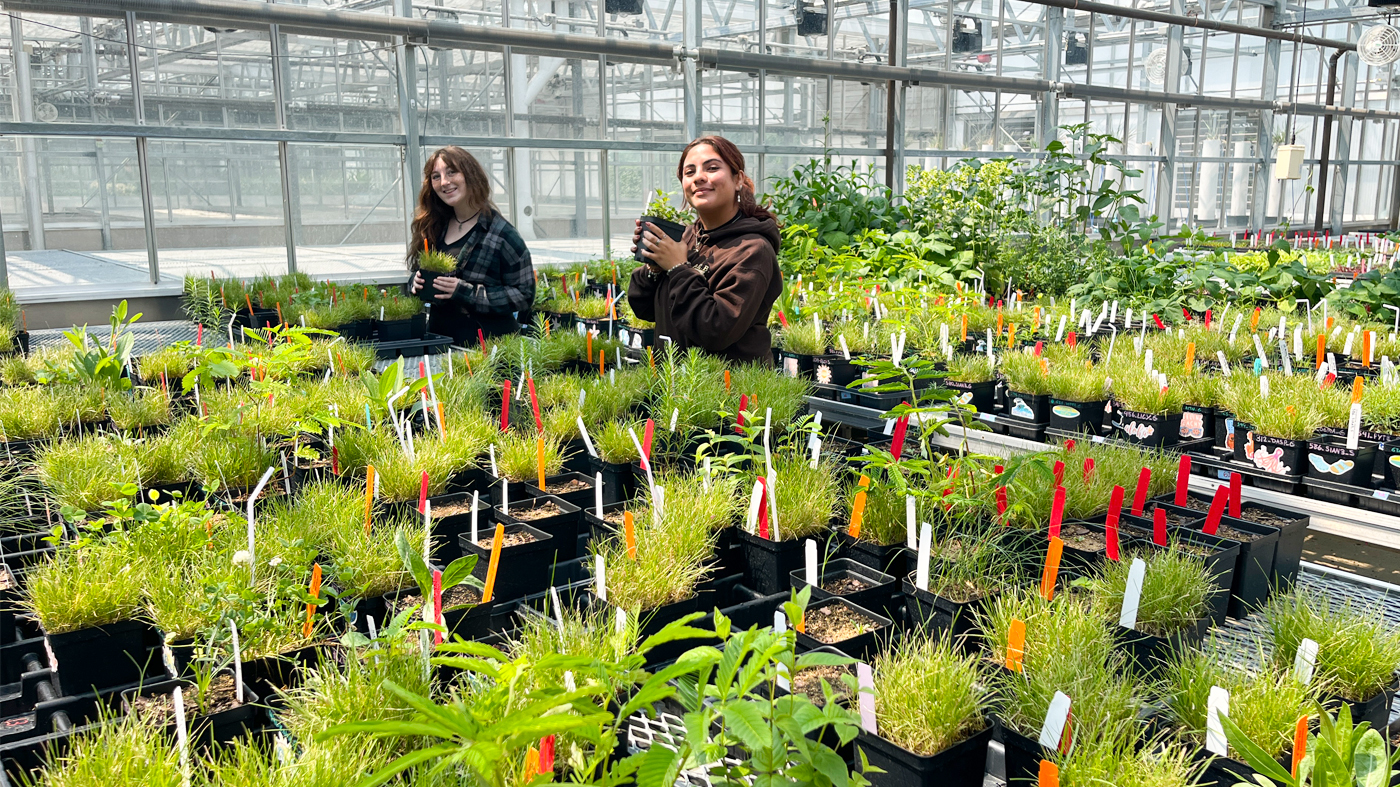
Research Experiences for Undergraduates (REU)
Since 2004, the Garden has hosted a 10-week, paid summer Research Experiences for Undergraduates (REU) internship program, helping college students explore scientific fields and careers related to plant biology and conservation.
REU interns learn all aspects of the research process, attend professional development workshops, visit other research institutions, and ultimately present their research at a public research symposium. It’s an experience that offers a brief but powerful glimpse into the day-to-day work of the Garden’s scientists—and a future of possibilities.
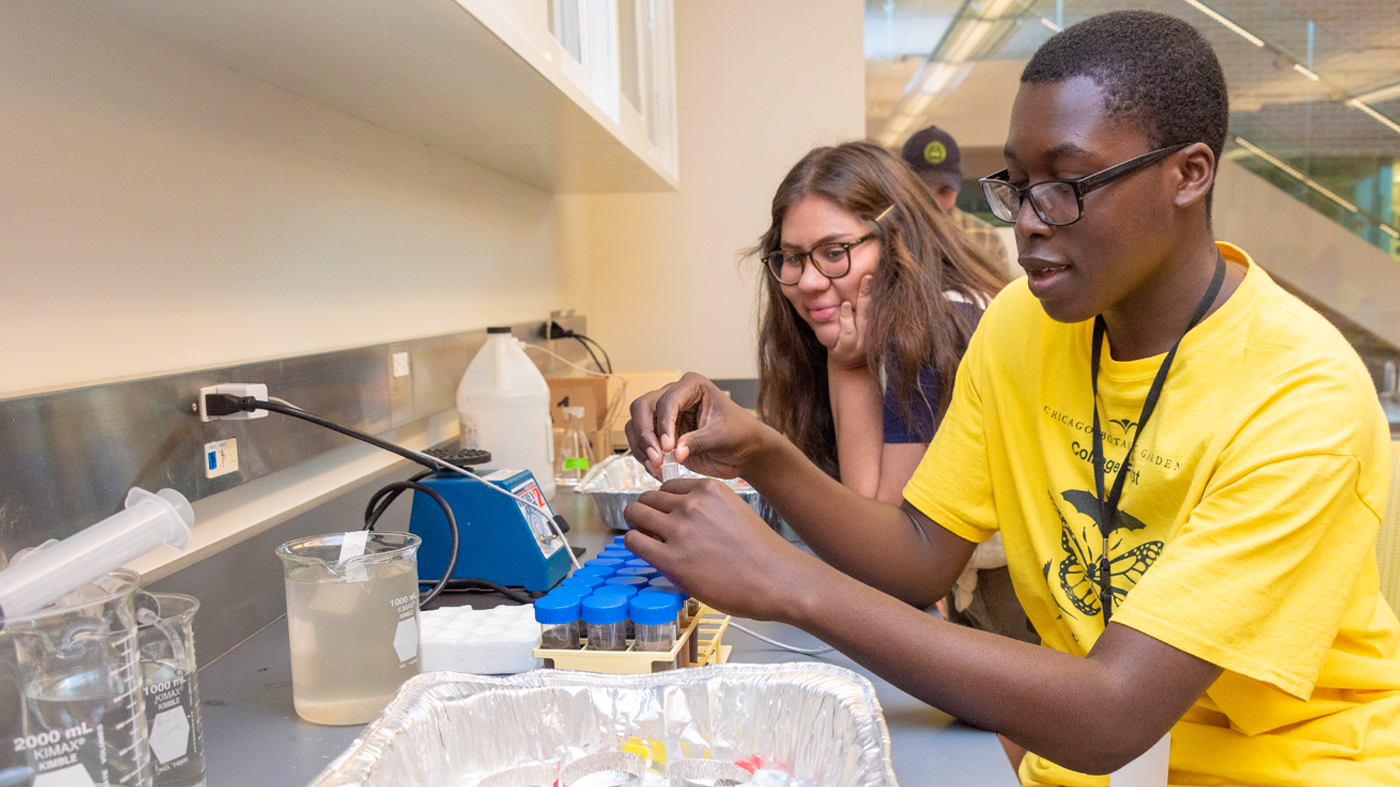
Science Career Continuum
The Garden’s Science Career Continuum immerses middle- and high-school students from Chicago Public Schools in plant science each summer. These free programs—with paid internships for high-school students—put them on a path to success, with more than 98 percent of high-school program graduates attending two- or four-year colleges.
Near-Peer Mentoring
The Garden’s science education programs are integrated through a near-peer mentoring model. Our conservation scientists mentor graduate students, and together they mentor students in the Research Experiences for Undergraduates internship program, who then mentor middle- and high-school students in the Science Career Continuum.
We believe students’ recent experiences uniquely position them to mentor the students following in their footsteps. Near-peer mentoring builds supportive relationships through shared experiences, making it easier for students to navigate academic, career, and personal challenges.


